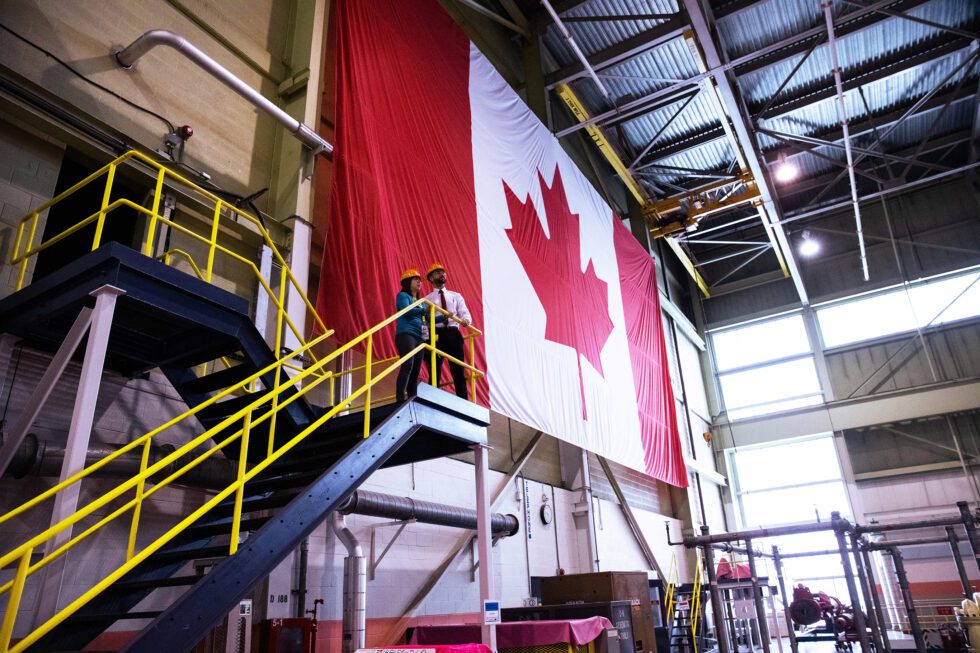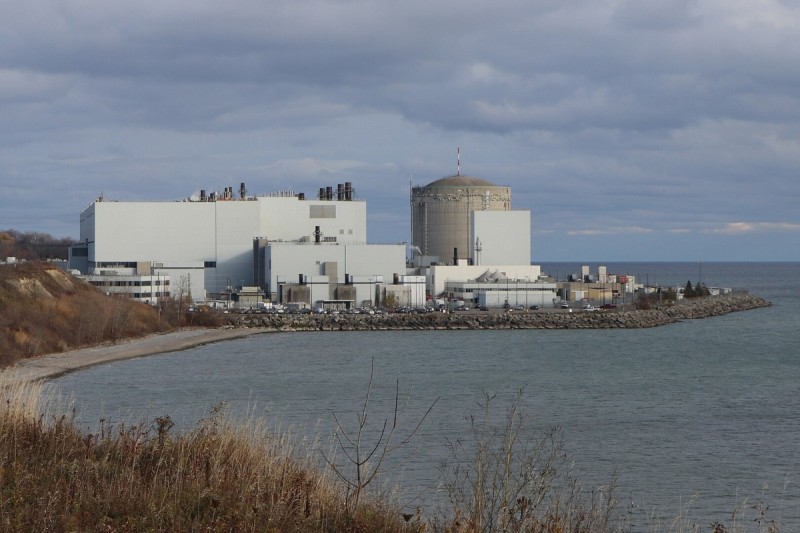There has been plenty of fear mongering that Canada must follow U.S. President Trump’s corporate tax cut agenda or face economic devastation. Yet many of the experts, often those not working for corporate interests, agree on two things: there is no assurance and much skepticism that the broad cuts will lead to significantly greater economic competitiveness for the U.S. in the long-term; and, there are much more effective levers to generate a competitive advantage for the Canadian economy than tax cuts.
It’s unlikely that the Federal Government’s fall economic update will include across the board corporate tax cuts. Sources have been telegraphing the opposite for weeks, signaling instead new and greater tax credits for certain types of business investment.
But when it comes to figuring out which levers we should use to build our economy, we should ask ourselves how we can build an economy that will support the kind of just and fair society most of us want to live in.
There is a growing body of evidence that rising inequality is threatening every aspect of our collective well-being – social, economic, environmental and health-related. In Canada, like in many other countries, wages have stagnated in most earning brackets while precarious unstable jobs have ballooned. This toxic combination has become the biggest contributor to economic inequality in Canada. The U.S. corporate tax cuts that were supposed to bring working people prosperity have largely resulted in windfalls for shareholders. Very little has trickled down to the average worker. Clearly, the U.S. hasn’t set much of an example to follow if we wish to shrink the gap between the rich and everyone else.
We should also be asking whether we are building a world for future generations, but that isn’t where our economy is headed right now. The Intergovernmental Panel on Climate Change recently announced that we have twelve years to contain global warming to a 1.5C rise, or face world-wide and devastating consequences. Whether we do so now by choice or in a decade by default we have to change the way we live, and find a far less carbon intensive path forward. Countries that are early adopters of a low carbon economy will have an easier time, and may even find great success exporting technology and expertise to the rest. Morocco is one of the few countries on route to meet its international climate change commitment and it is doing so by building the world’s largest solar plant, turning itself into a clean energy exporter in the middle of a continent where demand is on the rise.
What levers can we pull to drive our economy towards a more equitable low-carbon future? Let’s start by weaning our resource extraction sector off of government subsidies and look towards investing that money in sectors where our low-carbon future lies, but that needs some support.
In 2009, Canada joined in a commitment with other G20 countries to end fossil fuels subsidies. In 2015, the Federal Liberal election platform promised to make good on the commitment. In 2018, subsidies still amount to hundreds of millions a year. In comparison, the government is spending only $200 million on renewables.
The subsidies that currently go to the fossil fuel industry should be invested in the development of renewables and other clean energy innovations, switching who we subsidize in the energy sector would also generate many more stable well-paying jobs. It’s estimated that for every job created by subsidies to the oil and gas sector, about 10 jobs would be created in the green energy sector. The switch to a low carbon economy can not happen immediately – it needs a thoughtful transition plan that weans us off of our carbon intensive activities in a manner that supports communities and industries dependent on the fossil fuel-based economy.
We need to help workers switch too, which means investing in training and labour market development programs needed to create a workforce for a low carbon economy. It’s a great opportunity to focus those training programs on equity-seeking groups that face barriers to good stable jobs in the current market. Giving under-employed groups access to the job market helps spread the wealth of economic growth while also helping fuel it.
Another economic factor in need of fixing are current imbalances in our tax system that are costing us billions and concentrating wealth. It’s estimated that we lose $47 billion to tax avoidance and another $20 billion through the five worst tax loopholes every year. What does that all amount to? Too often, wealthy corporations and individuals are paying lower tax rates than a middle-income earner.
Closing Canada’s worst tax loopholes and cracking down on tax avoidance would create the revenue needed to implement universal pharmacare and bolster other social and educational programs that make Canada a great place to live and work, for everyone. A healthy, educated and equitable society has long been one of Canada’s strong suits when it comes to economic competitiveness, it’s worth investing in.





